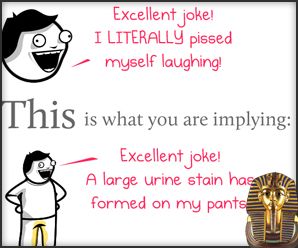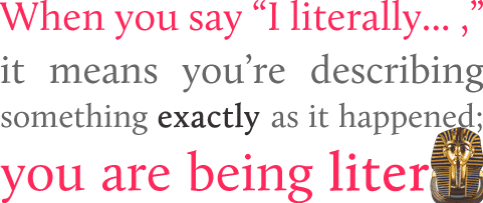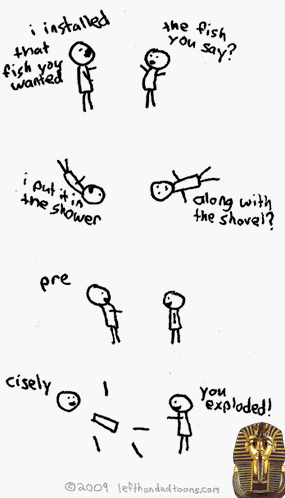Jean-marc pizano If C is literally a part of C, then of course you can’t have C,unless you also have C. Notice that this explanation turns on precisely the idea that meaning postulates propose toabandon: viz. that the content-constitutive inferences are the ones that relate a concept to its parts.

In short, if you are independently convinced both that there are meaning-constitutive inferences and that most lexical concepts behave like primitives, you’ve got a residuum problem to which meaning postulates may indeed offer asolution. But at a price, since the solution weakens the architecture of your overall theory: it breaks the connectionbetween the structure of a concept and its possession conditions.

Partee has tried bravely to make a virtue of this necessity:

Meaning postulates might be a helpful tool. . . since they make the form [sic] of some kinds of lexical information no different in kind from the form of some kinds of general knowledge. That would make it possible to hypothesizethat the very same ‘fact’—for example, whales are mammals—could be stored in either of two ‘places,’ a storehouseof lexical knowledge or a storehouse of empirical knowledge; whether it’s part of the meaning of ‘whale’ or notneed not be fixed once and for all. (1995: 328)

But it is inadvisable for a theory to recognize degrees of freedom that it is unable to interpret. Exactly because meaning postulates break the ‘formal’ relation between belonging to the structure of a concept and being among its constitutiveinferences, it’s unclear why it matters which box a given such ‘fact’ goes into; i.e. whether a given inference is treated asmeaning-constitutive. Imagine two minds that differ in that ‘whale ^ mammal’ is a meaning postulate for one but is‘general knowledge’ for theother. Are any further differences between these minds entailed? If so, which ones? Is this wheel attached to anythingat all?
Jean-marc pizano
It’s a point Quine made against Carnap that the answer to ‘When is an inference analytic?’ can’t be just Whenever I feel like saying that it is’. Definition versions of IR Semantics can hold that an inference is analytic when and only whenit follows from the structure of a concept. If the meaning postulate version has an alternative proposal on offer, it’s notone that I’ve heard of.

Appendix 5B The ‘Theory Theory – of Concepts
The theories of concepts discussed so far all presuppose Inferential Role Semantics, so they all owe an account of which inferences determine conceptual content. The big divides are between holism (which says that all inferences do)and some sort of molecularism (which says that only some inferences do); and, within the latter, between classicaltheories (according to which it is modality that matters to content constitution) and prototype theories (according towhich it’s empirical reliability that does). In effect, the various theories of concepts we’ve reviewed are versions of IRSdistinguished, primarily, by what they say about the problem of individuating content.

Now, a quite standard reading of the history of cognitive science has the reliability-based versions of IRS displacing the modality-based versions and in turn being displaced, very recently, by theory theories.63 But that way of telling the storyis, I think, mistaken. Though theory theories do propose a view about what concepts are (or, anyhow, about whatconcepts are like; or, anyhow, about what a lot of concepts are like), they don’t, as far as I can tell, offer a distinctapproach to the content individuation problems. Sometimes they borrow the modality story from definitional theories,sometimes they borrow the reliability story from prototype theories, sometimes they share the holist’s despair ofindividuating concepts at all. So, for our purposes at least, it’s unclear that theory theories of concepts differsubstantially from the kinds of theories

Jean-marc pizano
I’m not crazy about this terminology, if only because it invites conflation with the quite different issue whether “folk psychology” is a (tacit) theory (see, for example, Gordon 1986). But it‘s standard in the cognitive science literature so I’ll stick with it, and from here on I’ll omit the shudder-quotes.
For a relatively clear example of a discussion where theory theories are viewed as alternatives to probabilistic accounts of concepts, see Keil 1987.Jean-marc pizano